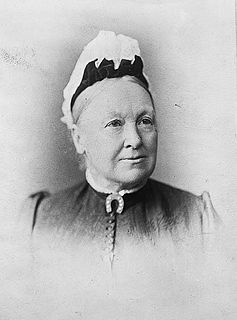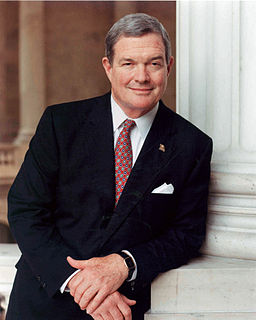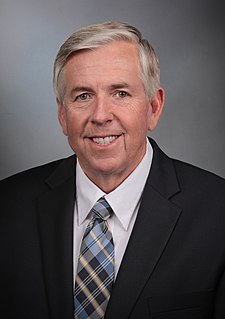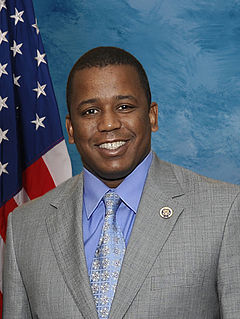A Quote by Thabo Mbeki
One of the issues that I have raised in that context is our transport system, road, rail and ports. We have raised this before, that the South African economy has grown at a rate that has overtaken the capacity of the transport system. And therefore, we have said that it is necessary to expand our capacity in the ports.
Related Quotes
Clearly, there needs to be an increase in the capacity of the railway system. That's why there are these projections of increasing the capacity to carry freight on the railways by 30% over the next five years or so, because the volume of goods moved up and down, imports, exports, and within the country, has grown much larger than the capacity. And this is part of the higher costs to business, because charges, for instance, at the ports become too high and they put up the prices of these goods, whether they are imports or exports. You want to reduce that.
We need to do a lot of restructuring of the existing ports, particularly Durban. The separation of oversight and regulation from operations in the port, the possibility of bringing in private investors, to put in new investment to build capacity in the port. So, the restructuring of the ports will take place like that.
Globalization makes our economy, our health, and our security all captive to events on the other side of the world. And no other nation on earth has a greater capacity to shape that global system, or to build consensus around a new set of international rules that expand the zones of freedom, personal safety, and economic well-being. Like it or not, if we want to make America more secure, we are going to have to help make the world more secure.
Our capacity to think, except in the service of what we are dangerously deluded in supposing is our self-interest and in conformity with common sense, is pitifully limited: our capacity even to see, hear, touch, taste and smell is so shrouded in veils of mystification that an intensive discipline of unlearning is necessary for anyone before one can begin to experience the world afresh, with innocence, truth and love.
For an economy built to last we must invest in what will fuel us for generations to come. This is our history - from the Transcontinental Railroad to the Hoover Dam, to the dredging of our ports and building of our most historic bridges - our American ancestors prioritized growth and investment in our nation's infrastructure.










































